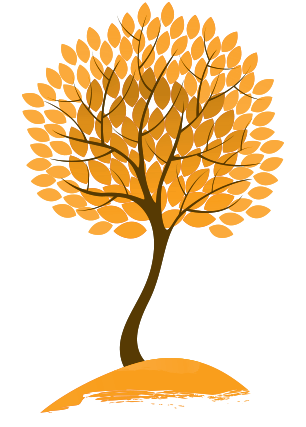 I provide a supportive environment in which you can learn tools to improve your mood, manage life stressors, and live a happier life. My style in therapy has been described as compassionate, nonjudgemental, and goal directed.
I provide a supportive environment in which you can learn tools to improve your mood, manage life stressors, and live a happier life. My style in therapy has been described as compassionate, nonjudgemental, and goal directed.
Therapy Format
Generally, I meet with clients on a weekly basis so you can reach your goals as quickly as possible. Traditional 50 minute appointments are available, as well as longer more intensive sessions (80 or 110 minutes) or more frequent sessions (multiple times per week).
Assessment - The first few sessions will involve an assessment so that I can get a thorough understanding of your current problems and concerns, as well as your history and background. We will work together to decide goals for treatment and develop a specific plan that is tailored to your unique needs.
Tools - I utilize evidence based tools throughout treatment (CBT, EXRP, ICBT, CPT, Mindfulness) and clients also complete an assessment tool on a weekly basis to evaluate how well the therapy is working. We will discuss progress towards your goals throughout therapy, and make modifications to our focus or approach as needed. At the end of every therapy session, we will come up with a plan for how to practice the skills you learn in session.
Family Support - If appropriate, it may be helpful to invite family or significant others to 1-2 sessions in order to work towards reducing accommodations of anxiety or OCD. Loved ones will be taught more helpful ways to support you. I have been trained in SPACE (Supportive Parenting for Anxious Childhood Emotions) an evidence based program that helps parents manage their child's anxiety and OCD. SPACE has also been used to help parents with adult children who struggle with anxiety and OCD.
Relapse Prevention - Towards the end of our therapy journey, we will focus on Relapse Prevention. We will come up with a plan to address slips or setbacks you may encounter once you complete therapy.
Therapy Approach
The approach I use is called Cognitive Behavioral Therapy (CBT). CBT is based on the theory that unhelpful thoughts and behaviors cause and maintain problems with mood. Research studies have shown CBT is an effective treatment for depression, anxiety, OCD, difficulty coping with chronic pain, and trouble sleeping.
In CBT, you learn to attend to the way you talk to yourself, and gain an understanding of how those thoughts make you feel and act. After learning to identify unhelpful thoughts, we will focus on changing the relationship you have with your thoughts so they have less of an impact on your mood and you are able to pursue important goals and values.
CBT is a present-focused therapy, meaning we will generally focus on teaching you skills to address your current situation. Clients who commit to practicing skills outside of session experience the most gains from therapy.
Obsessive Compulsive Disorder
For patients struggling with Obsessive Compulsive Disorder (OCD), I utilize both Inference Based Cognitive Behavioral Therapy and Exposure and Response Prevention (ERP). You can learn more about both of these evidence based approaches on my blog. In addition to these approaches, Mindfulness and Self Compassion are incorporated into therapy.
If you are interested in discussing your concerns and want to learn more about how I may be able to assist you please contact me to schedule a free 15 minute phone consultation.
Change the way you see things, and the things you see will change.
– Wayne Dyer
